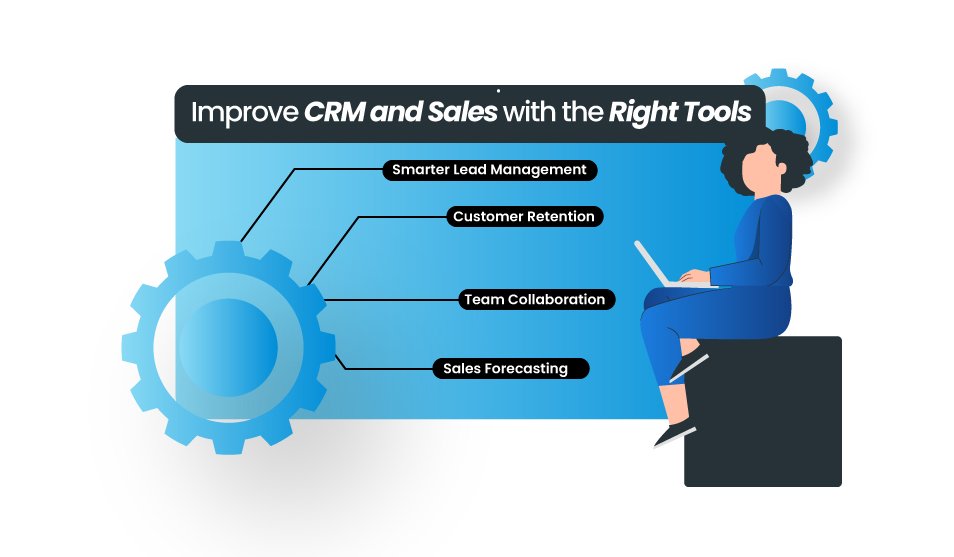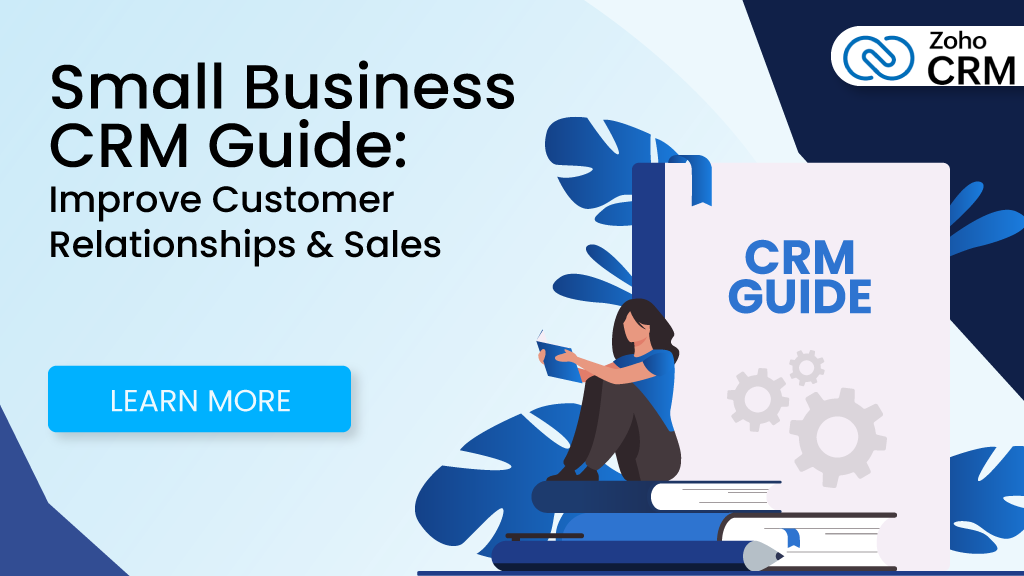When Sarah, the owner of a small bakery, started gaining more customers, she relied on notebooks and spreadsheets to track orders and birthdays. At first, it worked.
But as her SMB grew, things slipped through the cracks—missed follow-ups, forgotten preferences, and unhappy customers who expected a personal touch. That’s when she discovered the value of a Small Business CRM.

Her story is not unique. Many small business owners face the same challenge: how to manage customer relationships effectively without getting overwhelmed. This Small Business CRM Guide will help you understand why a CRM for small businesses is no longer optional—it’s the key to sustainable growth.
Common Challenges a Small Business CRM Solves
A Small Business CRM isn’t just software—it’s a lifeline for busy entrepreneurs. Here’s what it solves:
- Lost Opportunities: No more forgetting to follow up with leads or customers.
- Scattered Data: Moves information out of notebooks and spreadsheets into one central hub.
- Customer Frustration: Ensures every interaction feels personal and timely.
- Limited Time: Automates tasks so you can focus on sales and service.
By addressing these pain points, CRMs transform how SMBs build loyalty and drive revenue.
How the Best CRM for Small Businesses Drives Growth?
Every SMB has unique needs, but the best CRM for small businesses consistently delivers these benefits:
- Stronger Relationships: Access to full customer history allows for personalized interactions.
- Better Sales Pipeline Management: Visual tools to track leads from inquiry to conversion.
- Efficiency Through Automation: Automatic reminders, email scheduling, and task management.
- Insightful Reports: Data-driven decisions from clear analytics and dashboards.
- Scalability: As your business grows, your CRM adapts with it.
Improve CRM and Sales with the Right Tools
The right CRM for small businesses does more than organize data—it actively improves sales outcomes. Here’s how:
- Smarter Lead Management: Prioritize hot leads and follow up at the right time.
- Customer Retention: Identify loyal buyers and keep them engaged with tailored offers.

- Team Collaboration: Everyone works from the same information, reducing confusion.
- Sales Forecasting: Predict future revenue with accuracy to plan better.
With these tools, SMBs can move from reactive selling to proactive growth.
Tips for Choosing the Right Small Business CRM
Not all CRMs are created equal. When comparing options, SMB owners should ask:
- Is it easy for my team to use?
- Can it connect with the tools we currently rely on?
- Can it grow with my business without adding complexity?
- Is the cost aligned with our budget?
The best solutions are those that combine simplicity, affordability, and flexibility.
Conclusion
Like Sarah’s bakery, your SMB deserves tools that keep relationships strong and sales moving forward. A Small Business CRM bridges the gap between scattered efforts and organized growth.
Our Small Business CRM Guide helps you understand exactly how to choose and use the right tools for your company’s success. By investing in the best CRM for small businesses, you’re not just adopting software—you’re securing a smarter way to build lasting customer loyalty and drive revenue.
That’s why Upwise Pro is designed specifically for SMBs—simple, powerful, and built to help you improve customer relationships while boosting sales. Ready to take the next step? Call us today and discover how Upwise Pro can transform the way you manage and grow your business.


